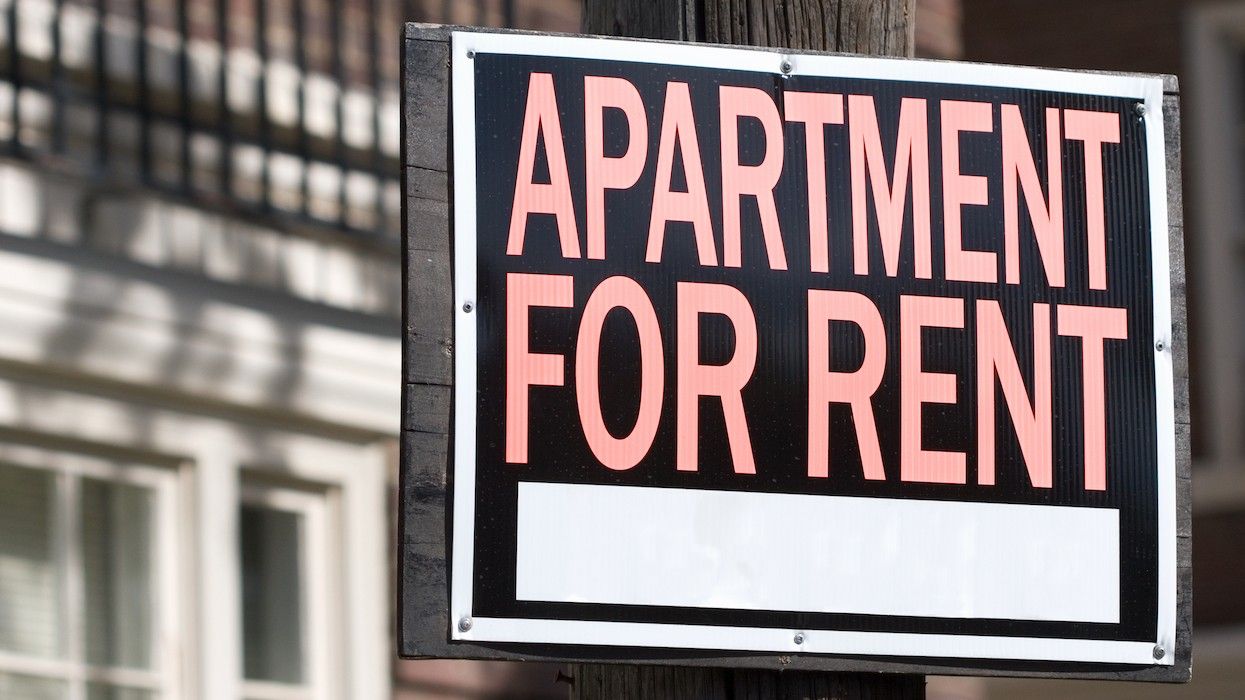Rents across Ontario have soared to new heights this year, and Member of Provincial Parliament for Parkdale-High Park Bhutila Karpoche tells STOREYS that a sharp spike in “bad-faith evictions” has followed suit.
Bad-faith evictions — when a landlord uses legal means to evict a tenant because of other, unrelated issues (often, wanting to raise rent prices beyond the allowable limit) — commonly come in the form of N12 (for personal use) and N13 (for renovation) notices.
“While there certainly are legitimate cases, based on what I am hearing from tenants, affordable housing advocacy organizations, and legal clinics is that a lot are in bad faith,” she explains. “Advocates say this is not a surprise because when a tenant is evicted, there is no cap on rent increases, so the incentive for bad-faith evictions exists. This leads to tenants being forced out of their homes and rents skyrocketing.”
Good- Versus Bad-Faith Evictions
Ryan Hardy, Staff Lawyer at Advocacy Centre for Tenants Ontario, says that in order for an N12 to be in good faith, there must be a person who “genuinely intends” to reside in the unit for at least one year. That person can be the landlord, certain members of the landlord’s family, a purchaser, or certain members of the purchaser’s family. It can also be someone who will provide care services to any of the above.
Meanwhile, for an N13 to be in good faith, the landlord must have "genuine intention" to renovate, demolish, or convert the unit for non-residential use.
“So, basically any other or ulterior motive for giving an N12 or N13 should be considered bad faith,” adds Hardy.
There are also some circumstances in which an N12 or N13 may be defective, he points out, which is a separate matter from bad faith. “A landlord may have a genuine intention but fill out paperwork incorrectly," he explains.
So You Suspect A Bad-Faith Eviction — Now What?
Hardy notes that any landlord can serve an eviction notice, however, it's just that — a notice. It's not the same thing as a legal order to vacate, which has to come from the Landlord and Tenant Board (LTB).
“Many unscrupulous landlords will issue a baseless eviction notice and see what happens,” he says. “Far too many tenants misunderstand the significance of the notice and move out, which they do not have to do, or they negotiate a mediocre ‘deal’ with the landlord. Tenants are entitled to simply stay put.”
Tenants who suspect a bad-faith eviction can wait for a hearing with the LTB before moving out, as is their right when served with an eviction notice. It's up to the landlord to file with the LTB to request a hearing.
At the hearing, the landlord will be required to prove their intentions, which, in the case of an N12 eviction, could come in the form of a signed affidavit from the person named on the N12 stating their intention to move in and live in the unit for at least one year.
Tenants will also be given a chance to provide evidence that the eviction is in bad faith. Hardy urges tenants who suspect they’re facing a bad-faith eviction to do what they can to collect proof that can be used to support their case when it comes time for their LTB hearing.
“That could include a rental listing, sale listing, evidence that the proposed occupant has another home they are unlikely to leave, or other evidence that some aspect of the landlord’s story is false. All evidence must be submitted at least seven days before the hearing," he says.
For tenants who have already moved out but have since realized the eviction was in bad faith, they have one year from the day they vacated the unit to file a T5 with the LTB, which will initiate a hearing to determine whether the eviction was in good faith. There, they can present evidence of the unit having been re-listed for rent, someone other than the person named on the eviction notice having moved in, the unit being sold, or the unit sitting unoccupied for an 'unreasonable' period of time — there is no exact definition of what is reasonable and not, however.
Tenants who can prove bad faith are often awarded costs to cover their moving expenses and the difference in rent price between their current and previous rentals.
Karpoche advises that tenants looking to fight a bad-faith eviction seek legal counsel.
"Finding a legal representative or at least getting personal legal advice can help with this as it can be very case-specific," he said. "I would suggest reaching out to a local tenant association for advice, support, and to connect with other tenants. The Federation of Metro Tenants' Associations is a great resource and also has a tenant hotline."
Tenants can also access free advice from legal clinics like Pro Bono Ontario and Legal Aid Ontario.





















